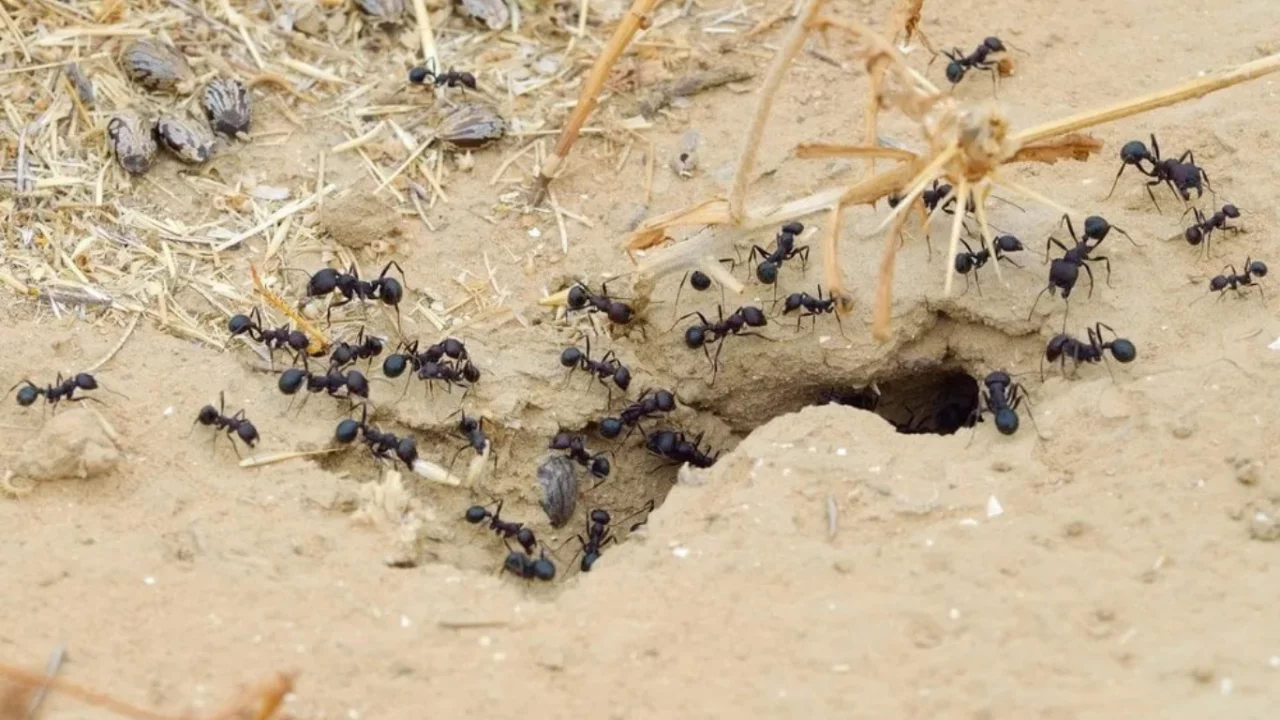It turns out that ants also build "smart protection" against epidemics

British scientists have uncovered a surprising natural mystery - even ants "re-design" their homes when they sense the risk of disease.
Researchers at the University of Bristol have found that ants modify the internal structure of their nests to prevent the spread of infection. They reduce direct contact between insects by expanding the entrances and separating the chambers.
The study was published on phys.org, and experts noted this as the first case observed in the animal kingdom. According to scientist Luke Leakey:
"This is the first scientifically proven fact that any living being other than humans can change their environment to reduce the risk of disease spread," he said.
During the research, scientists observed 180 worker ants divided into two groups. They built a new nest in containers filled with earth. One group was subsequently exposed to fungal spores, and their activity was analyzed in 3D format using a special micro-CT scanner for 6 days.
The results showed that "reconstructed" nests built by ants significantly reduce the risk of infection spread. This plays an important role in their social immune system.
Experts emphasize that this discovery could also serve as an example for human society. Especially during epidemics, urban architecture and the public environment can be managed in such a way that the risk level is significantly reduced.
Read “Zamin” on Telegram!














